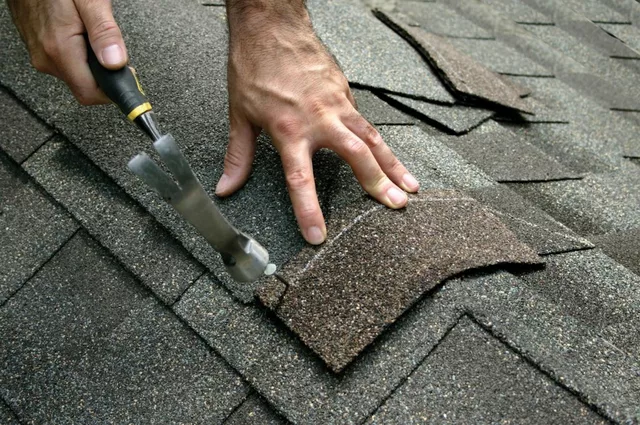Understanding Home Insurance Policies
Before we delve into the specifics of whether home insurance covers bathroom leaks, it's important to understand what a home insurance policy typically covers. As a homeowner, my insurance policy is a safety net that protects me financially in the event of damage to my property. It's a contractual agreement between me and my insurance company, stating that in return for my premium payments, they will cover the costs of certain types of damage to my home. However, not all types of damage are covered, and it's crucial to read the fine print of your policy to understand what is and isn't included.
The Basics of Home Insurance Coverage
Most standard home insurance policies cover damage caused by certain perils, or risks. These typically include fire, windstorms, hail, lightning, theft, and vandalism. They also usually cover damage caused by certain types of water damage. For instance, if a pipe bursts suddenly and causes water damage, my insurance policy would likely cover the cost of repairs. However, not all water damage is covered, and this is where the issue of bathroom leaks comes into play.
Understanding Water Damage Coverage
Water damage can be a tricky area in home insurance policies. While sudden and accidental water damage is typically covered, gradual water damage is usually not. Gradual water damage is damage that happens over time due to a slow, continuous leak. If I notice that my bathroom faucet has been dripping for months and it has caused damage to my bathroom floor, my insurance policy may not cover the cost of repairs because it's considered gradual damage.
Does Home Insurance Cover Bathroom Leaks?
So, does home insurance cover bathroom leaks? The answer depends on the nature of the leak. If the leak was sudden and accidental - for example, if a pipe burst without warning - then my insurance policy would likely cover the cost of repairs. However, if the leak was gradual, such as a slowly dripping faucet or a leaky toilet that I didn't notice for a while, then the policy may not cover the damage. This is because insurance policies typically expect homeowners to maintain their properties and fix any small problems before they become larger, more expensive ones.
The Importance of Regular Maintenance
As a homeowner, it's my responsibility to regularly maintain my home and fix any minor issues before they turn into major problems. For instance, if I notice that my bathroom faucet is dripping, it's up to me to fix it before it causes damage to my bathroom floor. If I neglect to do so and the floor becomes damaged, my insurance company could argue that the damage was gradual and therefore not covered by my policy. Regular maintenance not only helps keep my home in good condition, but it can also save me from potentially expensive repair bills in the future.
What to Do If You Have a Bathroom Leak
If I discover a bathroom leak, the first thing I should do is stop the leak if possible. This might involve turning off the water supply to the bathroom or calling a plumber for assistance. Once the leak is under control, I should document the damage by taking photos or videos and then contact my insurance company as soon as possible. They will guide me through the process of making a claim.
Dealing with Insurance Claims
Filing an insurance claim can be a daunting process, but it's important to be proactive and organized. I should keep detailed records of everything, including the cause of the leak, the extent of the damage, and any repairs made. It's also helpful to keep receipts for any expenses related to the leak. This will make it easier for my insurance company to assess the claim and determine how much compensation I'm entitled to.
Conclusion: Know Your Policy
To summarize, whether or not home insurance covers bathroom leaks depends on the nature of the leak and the specifics of the insurance policy. It's crucial to understand the coverage provided by my policy and to maintain my home regularly to prevent gradual damage. If a leak does occur, I should act quickly to stop the leak, document the damage, and contact my insurance company to start the claims process.



